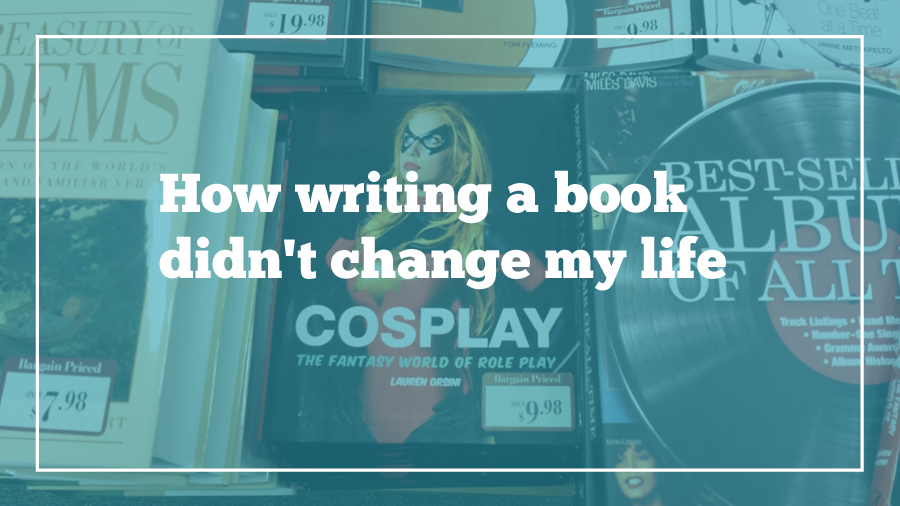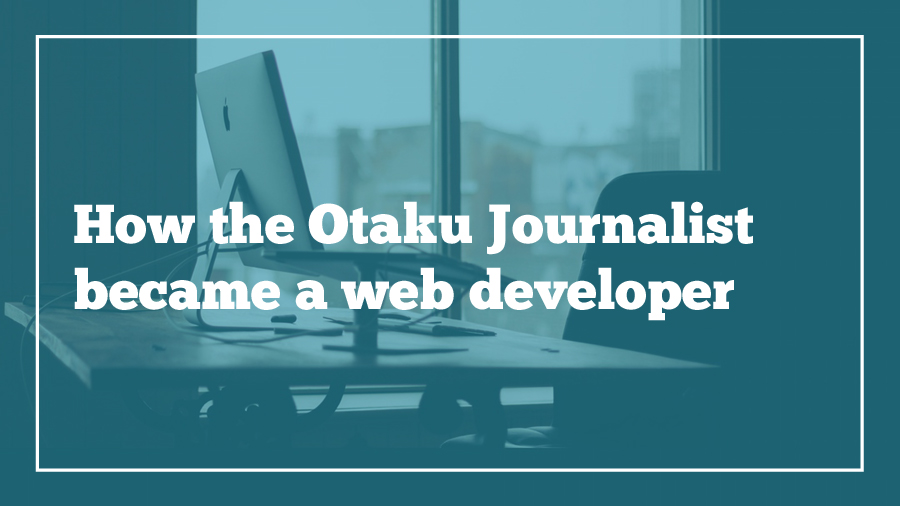OK, so I haven’t been that great of a blogger lately, but I have a great reason. I’ve been studying for the Japanese Language Proficiency Test, N5 level, which I take this Sunday! I haven’t studied this hard for anything since college, but I’m really hoping to pass and have a quantified level of conversational proficiency before my 2016 trip to Japan.
Fortunately, I have great readers who have sent me some awesome links, even if I wasn’t searching for as many as I usually do. On to those:
- Take note! It’s time to start writing your 12 Days Of Anime posts. I won’t be participating this time around, but you can check out all my posts from the last two years here.
- All about yoshoku, Japan’s distinctly Japanese take on “Western food” like hamberg steak and omurice. Link courtesy of my classmate, Henry, who also takes the N5 on Sunday.
- By the way, my favorite place to find yoshoku recipes is Cooking With Dog, the YouTube channel of poodle named Francis (and his mysterious chef owner). I’ve made their omurice episode a dozen times now, and I think I’ve plugged this link at least ten times since I started this blog.
- Looks like veteran otaku Ed Sizemore found the first hug pillow in an American magazine. Like cosplay, some of the things we relate to Japanese anime fandom have surprisingly familiar origins.
- We spend a lot of our time online in communities that may not always be equipped to deal with abuse. The New York Times‘ exposé on a serial swatter who terrorized female Twitch streamers is a great (and terrifying) example of this.
- Tezuka’s masterpieces weren’t really supposed to be art. They were only supposed to sell toys. Anime’s Media Mix is a book about anime’s unsettling relationship with commerce that I just discovered through my friend Steve’s book review.
- When I was reviewing God Eater, I noticed that the art was gorgeous, and the animation was… lacking. Looks like that’s all getting fixed with a little time in the new Blu-Ray release.
- Did you know One Punch Man began as a poorly-drawn webcomic? Now, Mob Psycho 100, another web comic by the same author, is getting an anime. It just goes to show that if you have the confidence to put your work up online, you never know what will happen.
- And finally, One Punch Man inspires thousands to work out instead of watch TV, ruins anime. Anime Maru is pretty great sometimes.
Photo by mspxl





